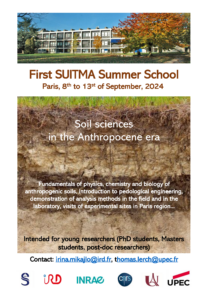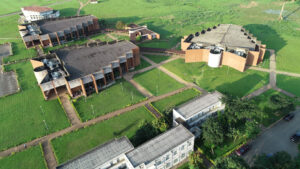
Séminaire de Mathieu Millan
“On the relationships between plant architecture, ontogeny andecological functions in savanna woody species”
Open ecosystems, such as savannas, are shaped and maintained by disturbances, for example fire and herbivory. In such ecosystems, plants are exposed to regular biomass loss, preventing the regular course of growth. Thus, it is difficult to understand how they build their bodies, how and when they invest their biomass in their different parts, when they reach their flowering onset, and how their population dynamics works. As the growth process is often interrupted and altered, the use of size-related traits, such as classic plant height and stem diameter, has limited utility in understanding the processes involved in coping with disturbances. An alternative tool to size classes is the use of developmental stages,like seedling, sapling, adult, senescent, etc. In this presentation, I will show how plant architecture (whole plant approach based on morphogenetics and plant morphology) helps define such developmental stages (called ontogenetic stages) and how the developmental status of individuals mediates size-related trait scaling relationships. Additionally, I will discuss how it allows us to predict flowering thresholds (flowering onset and large flower production). I will then discuss the benefits of including plant development in functional ecology and how to incorporate this ontogenetic stage-based approachto improve our understanding of woody species population and community dynamics in open ecosystems.






